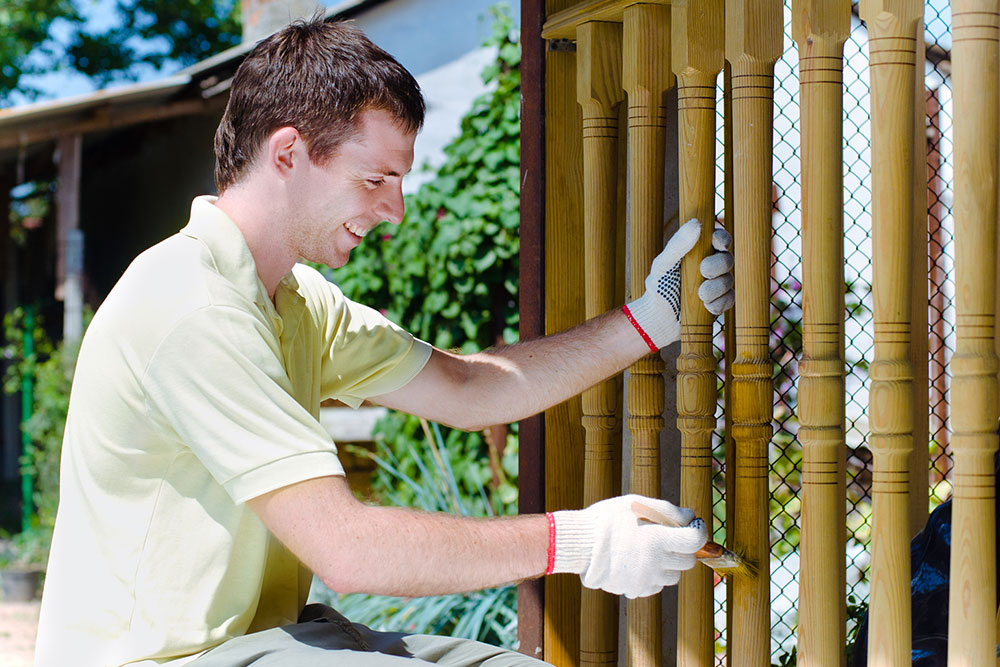4 key things to consider when choosing a new garden fence

Having a fence around one’s property can serve multiple purposes, such as providing privacy, safety, and keeping away animals or keeping pets inside. Choosing the right fence that is compatible with the house can be a challenging task. Therefore, it is important to take some time to consider the various options available on the market before installing a fence. Moreover, there are several important factors to take into account when selecting a new garden fence.
Legal responsibility and planning permission
This is one of the most crucial aspects that must be considered before deciding on anything else regarding fence installation. If this issue is not sorted out initially, one may end up spending a lot of money and time in the building and installing the fence, only to cancel everything later on.
Therefore, it is important to understand who would be responsible for replacing or repairing a fence if it is a shared entity between two neighbors. This can be found out through property deeds that provide details regarding which boundaries are the legal responsibility of which neighbor. In addition, it is a good idea to have a discussion with one’s neighbors before starting the work. Also, one needs to figure out whether planning permission is required for the new fence.
Privacy and security
For homeowners who live in urban or suburban areas, security and privacy are two of the key things they need to consider before building a new fence. If one’s home is on a quiet street with fewer people passing through, an open and breezy fence panel like arched top pailing fence panels may work well. But for those living across busy roads or a locality that has a lot of people and traffic moving around, higher fencing styles such as traditional Close Board Fencing Panels or Waney fence panels should be considered. These types of fences have tightly spaced panels that make it impossible for anyone to look or peep through. Also, these are taller. Which makes it difficult to scale, providing an added layer of security.
Aesthetics
After the practical concerns have been taken care of, one can move on to look at the aesthetics of the new fence. It is important to understand how the fence should look and whether it will be compatible with the rest of the house, garden, porch, and yard. Since fences are more of a long-term investment, it is important to make the right choice so that the aesthetics of the fence are relevant for several years to come. Moreover, a fence that enhances the overall look of the house will add more value to the property. This can be useful if one decides to sell the property in the future.
Weather conditions
Most fences are made to be all-weatherproof. However, one needs to make sure that the fence they have chosen can withstand heavy inclement weather conditions such as heavy rain, hailstorms, snow, strong winds, or a storm. It is important to consider how worse the weather can get depending on the region one lives in. From the material to the gap between the panels, everything must be suitable according to the weather so that a heavy spell of rain or strong winds do not knock down the fencing.






